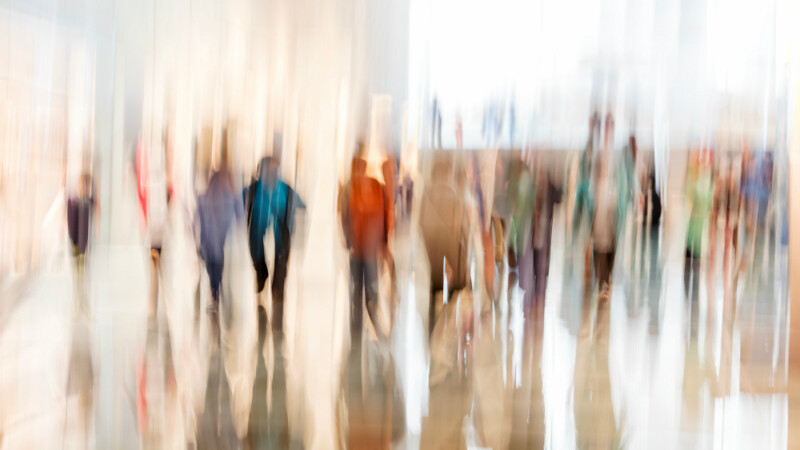Researchers and practitioners working in cultural heritage will convene in Bath this week for our ‘Sensing Culture Symposium’ – an initiative to improve accessibility to museums, galleries and exhibitions for blind and partially sighted visitors.
Funded by the Heritage Lottery Fund and organised through the Royal National Institute for the Blind (RNIB) and our Department of Education, ‘Sensing Culture’ will showcase a range of techniques and technologies to better support visitors with visual impairments and discuss new ways to improve support and provision staff and volunteers can offer.
These include more immersive technologies, improved audio descriptions for artefacts or paintings and better tactile panels that could provide clearer descriptions for visitors.
By sharing new insights from research in education and psychology with reflections from practitioners on what works, the focus of the project is on increasing awareness and upskilling staff and volunteers at different sites to better support blind or partially sighted visitors.
Art beyond sight
‘Sensing Culture’ will include a keynote address via Skype from New York from Elisabeth Axel, the founder of the acclaimed art education charity ‘Art Beyond Sight’. The aim of the charity she set up in the 1980s is focused on making art, art history and visual culture accessible to all.
The two-day event this week, which is the culmination of a two-year project, will also see the launch of a new ‘Sensing Culture’ Community of Practice website to act as an interactive community of practice to share ideas nationally and internationally.
Project lead for the Sensing Culture Community of Practice, Dr Simon Hayhoe from the Department of Education explained: “We live in a largely visual world and we take this for granted if we’re fully sighted. For many people with visual impairment they live in an excluded world where they can’t access the visual culture that many of us take for granted.
“Whilst great efforts have been made in certain cultural heritage sites, too often it’s still about what you can see with visitors often dissuaded from touching. Through this project we’re trying to learn more about what simple changes we can make to make a big difference to blind and partially sighted people’s experiences of cultural heritage.”
Listen to Simon explain why this initiative matters in this short podcast.
European Year of Cultural Heritage
The Sensing Culture project also involves CultureLink South East, the Royal National Institute of the Blind with the support of a number of prestigious heritage organisations. 2018 is the year of European Cultural Heritage, and this project forms part of a wider European project 'Accessible Resources for Cultural Heritage Ecosystems' (ARCHES), led by Dr Hayhoe.

